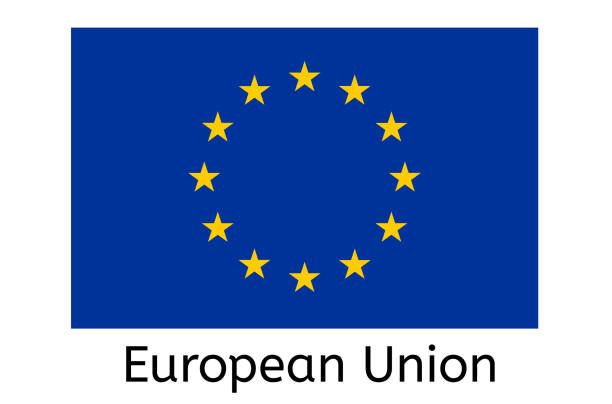
26 Sep 2024
EU Leader Seeks Improved Technology Competitiveness in the Region
Italy's Mario Draghi recently created a report that outlines how to reform what he sees as the EU's lagging technology development and overall competitiveness. Indeed, overall economic growth in the 27-country Union will be only about 1.0% this year, with its largest nation Germany expected to grow only 0.2%.
Traditional economic thinking views annual growth rates of less than 2.0% to be recessionary. By contrast, the economic growth in the US has been accelerating this year, and is expected to be as high as 4.3% for the year. The World Bank is forecasting global economic growth to be 2.6% to 2.7% this year and next.
Draghi's opinion was quickly rejected by Germany's Finance Director Christian Lindner, who within hours of the release of Draghi's report said that the EU's largest member “will not agree to this.” Such broad measures across the EU creates "risks and liability creates democratic and fiscal problems," he added. A majority of the EU's 450 million people are experiencing low overall economic growth and disruptive political turmoil, and Germany is especially sensitive to the notion of bearing a large share of the economic cost of repairing the entire EU.
The EU generally scores very well in the IDCA Digital Readiness Index, helmed by a stronger overall renewable energy grid and better economic efficiency in producing GHG emissions than the US. The Nordic nations along with Austria, the Netherlands (and non-EU countries Norway and Switzerland) in fact lead the world in this ranking. But there's a wide range of scores among the EU's 27 nations, with Bulgaria, Greece, and Italy residing a significant distance from the leaders.
The Digital Readiness Index examines hundreds of factors across four broad categories – Economy (which includes digital infrastructure), Environment (which includes renewable energy), then Social and Governance (which include human development, income disparity, transparency, and government stability). There are pockets of very strong digital infrastructure and data center footprints as well, particularly in Denmark, Ireland, the Netherlands, and Scandinavia.
Without playing pop psychologist, one can still imagine that Draghi's cry for an investment that approaches $1 trillion reflects his home country to some degree. As a former European Central Bank head, his concerns no doubt also address the wide range of economic and social conditions across the now-widespread region. The free flow of capital and people is still not found in the EU to the degree it is in the US, so long-lived disparities live on.
A clear example is provided by per-person incomes across the US and EU. In the former, state-by-state incomes range from $48,000 to $87,000, a range of 1.81, whereas across the EU the range runs from $16,000 to $71,000, a range of 4.44. The US-EU gap thus approaches two-and-a-half times the amount of disparity found in the world's two largest economic regions.
The Brexit-driven UK, meanwhile, is hanging tough, with a Digital Readiness Index that matches Germany's and slightly trails France and the Nordics.
This data tells us what many think we already know: the EU looks economically strong from the outside, has some alarming fissures within, while remaining well ahead of the United States, which trails in renewable energy, should be better developed in its digital infrastructure, and has been in a dive with respect to social and governance conditions for some time.
The complete Digital Readiness data set allows for deep analysis of all the countries of the world, including those of the EU. A simple overall Digital Index ranking does not reveal a nation's totality, and in fact can be most helpful in identifying opportunities for investors, companies, governments and NGOs, and the people living there. As far as the EU, a sentence-sized analysis says look for inspiration in France at the high end;; Slovenia, Portugal and Spain in the middle group; and Romania, Poland, and yes, Bulgaria in the lower-income regions.
Follow us on social media:


.d57b427b.png&w=3840&q=75)

















